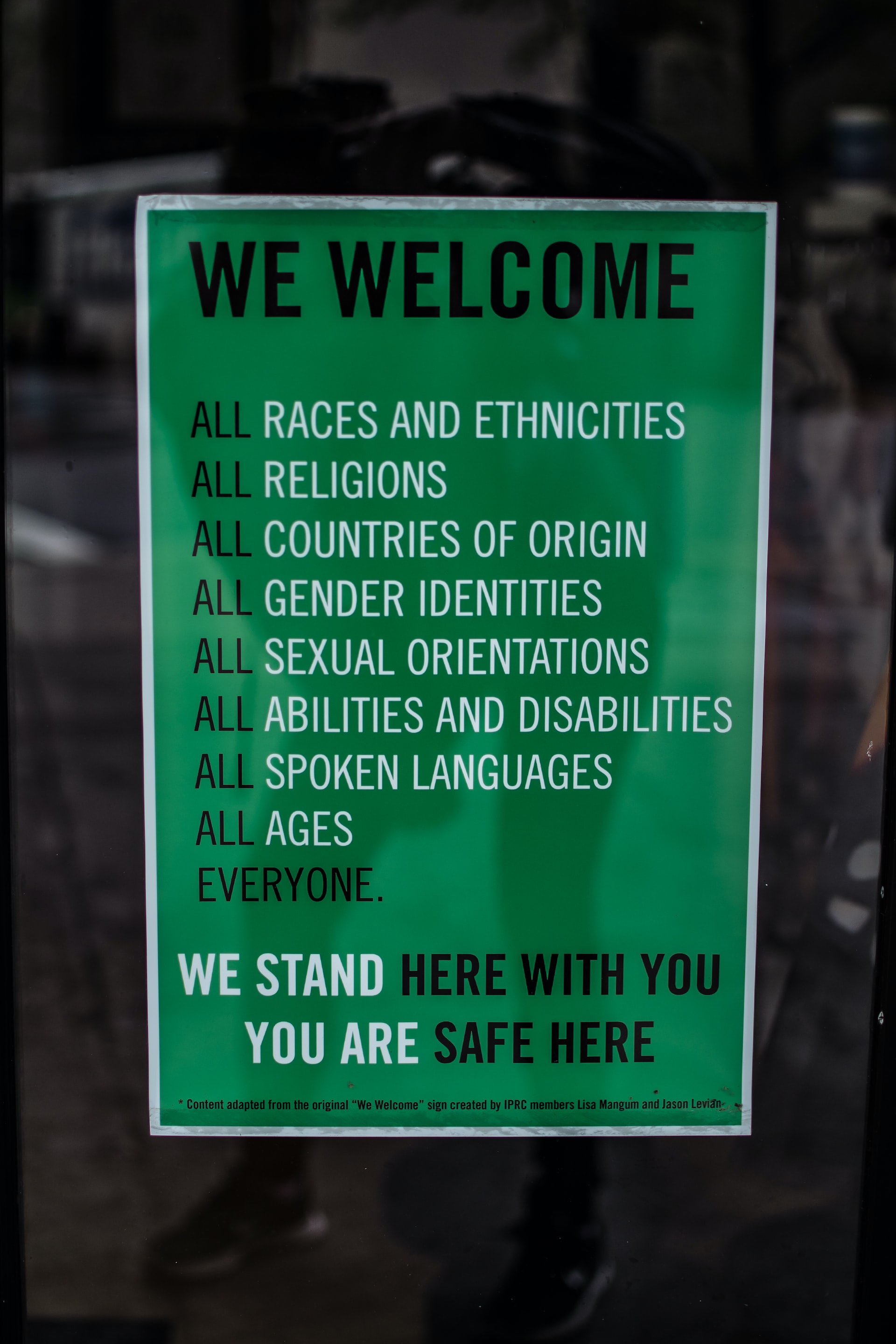Objectives
The three most important objectives of the course are: 1) the students learn how to think critically in relation to law, in that for example they will be able to critically recognize how law materially affects people’s everyday life; 2) the students learn to recognise power structures and discriminatory practices, for example in the way in which (in)justice is spatialised in the urban field; 3) the students become aware of how the digital is increasingly embedded into everyday life, and how this embeddedness has material effects on how (in)justice occurs in urban settings.
The intended learning outcomes of the course are, accordingly:
Subject-specific knowledge:
At the end of the course, the students should be able to:
- understand how law materially affects the everyday life, for example in terms of discrimination, sexuality, rights and obligations;
- understand how law shapes the design and fruition of urban spaces, and how it affects people’s urban lives;
- identify the influence of the digital in the emergence of (un)just practices in the urban.
Subject-specific skills:
At the end of the course, the students should be able to:
- progress in their critical thinking, in that they are able to identify in what ways law is a power construct that is materialized in and influences individuals’ lives and spaces;
- recognize and critically examine how the digital can lead to discrimination and (in)justice in urban settings;
- develop a multidisciplinary approach to law (e.g., in relation to the cultural foundations of law and urban geography).
Working life skills:
At the end of the course, the students should be able to:
- work in collaboration with others;
- perform presentations in English;
- think ‘outside the box’;
- self-reflect on their work and ideas;
- develop creative thinking.
Please also see the goals of the specialization courses here: https://opas.peppi.utu.fi/fi/opintokokonaisuus/OTMU1000/922
The three most important objectives of the course are: 1) the students learn how to think critically in relation to law, in that for example they will be able to critically recognize how law materially affects people’s everyday life; 2) the students learn to recognise power structures and discriminatory practices, for example in the way in which (in)justice is spatialised in the urban field; 3) the students become aware of how the digital is increasingly embedded into everyday life, and how this embeddedness has material effects on how (in)justice occurs in urban settings.
The intended learning outcomes of the course are, accordingly:
Subject-specific knowledge:
At the end of the course, the students should be able to:
- understand how law materially affects the everyday life, for example in terms of discrimination, sexuality, rights and obligations;
- understand how law shapes the design and fruition of urban spaces, and how it affects people’s urban lives;
- identify the influence of the digital in the emergence of (un)just practices in the urban.
Subject-specific skills:
At the end of the course, the students should be able to:
- progress in their critical thinking, in that they are able to identify in what ways law is a power construct that is materialized in and influences individuals’ lives and spaces;
- recognize and critically examine how the digital can lead to discrimination and (in)justice in urban settings;
- develop a multidisciplinary approach to law (e.g., in relation to the cultural foundations of law and urban geography).
Working life skills:
At the end of the course, the students should be able to:
- work in collaboration with others;
- perform presentations in English;
- think ‘outside the box’;
- self-reflect on their work and ideas;
- develop creative thinking.
Please also see the goals of the specialization courses here: https://opas.peppi.utu.fi/fi/opintokokonaisuus/OTMU1000/922

- Peppi-Teacher: Juho Aalto
- Peppi-Teacher: Aleida Lujan Pinelo
- Peppi-Teacher: Miriam Tedeschi
- Peppi-Teacher: Amalia Verdu Sanmartin